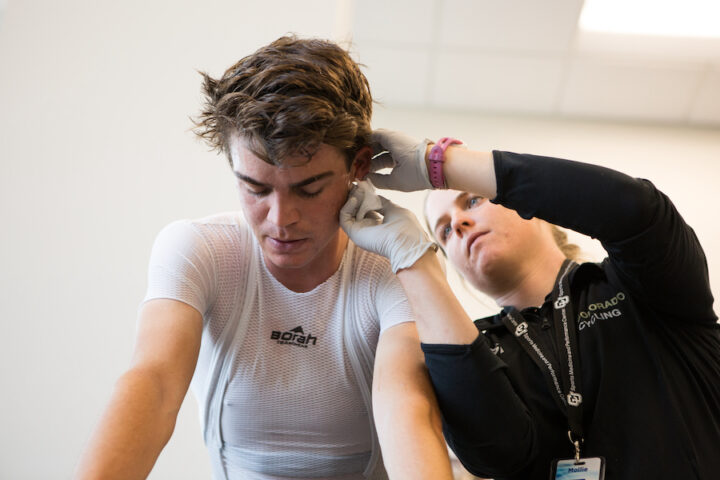
The Endurance Athlete’s Guide to VO2max and Lactate Tests
Find out all the dos and don’ts of physiological testing as we break down VO2max and lactate/ramp testing.
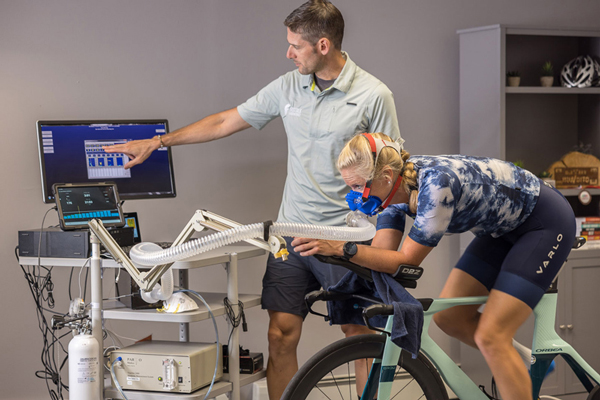
Humans aren’t machines—we’re much more complicated. Exercise physiology involves changes in the body from exercise and rest.
From anaerobic threshold to environmental acclimatization, from FTP to PGC-1 alpha, we explore the science of human performance.

Find out all the dos and don’ts of physiological testing as we break down VO2max and lactate/ramp testing.
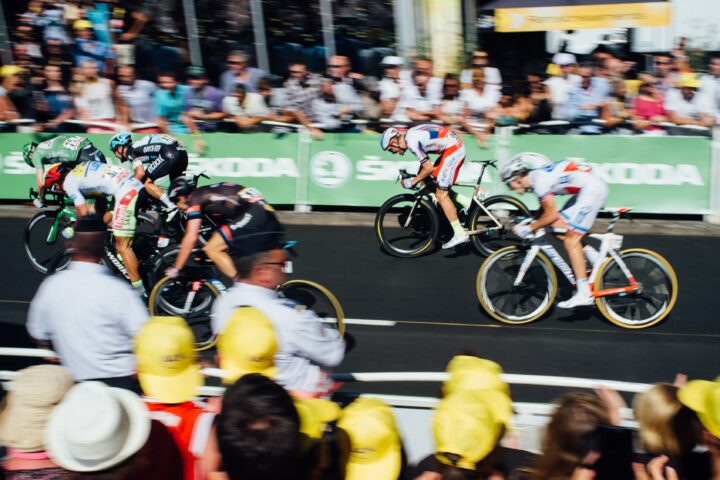
We explore the physiology of race season—how to find top-end fitness, how long it takes, and the best ways to do it.
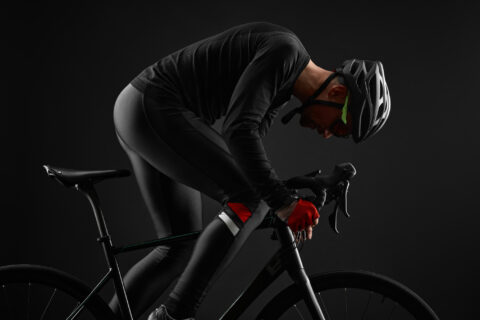
Your lactate threshold may not be what you think it is. Coach Trevor Connor explores the true definition of this physiological turn point.
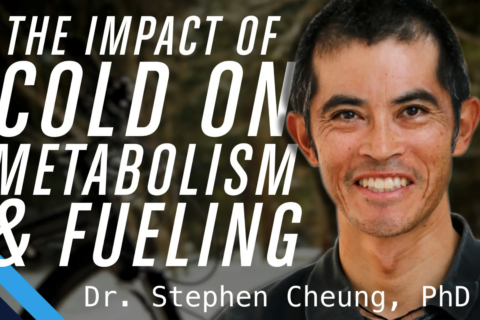
Environmental physiologist Dr. Stephen Cheung addresses whether the amount of fat and carbohydrate used for energy changes with the temperature.
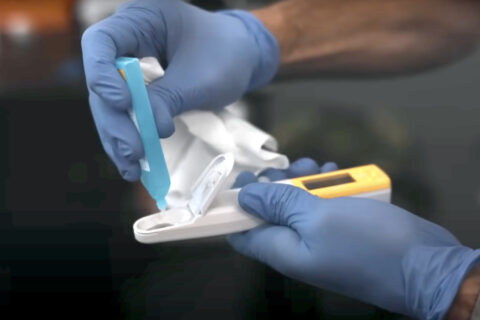
We detail the integral role that water and sodium play in our physiological processes, and how understanding sweat rate and composition can improve performance, recovery, and health.
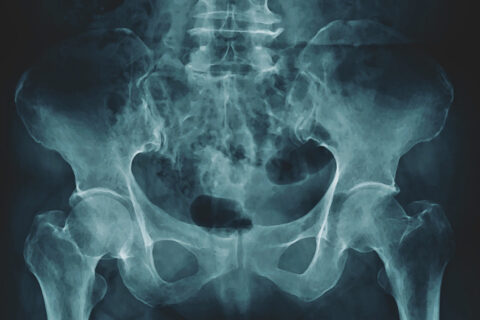
A 2023 study claims cycling can cause significant bone density loss in as little as a year. Is there more to the story?

Should we modify how, where, and when we train based on our potential exposure to pollutants?
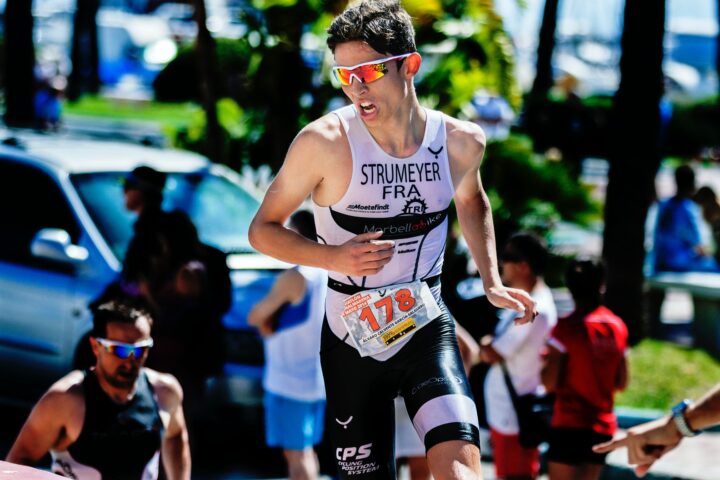
Endurance athletes inevitably face the challenges imposed by training and racing in the heat. How do our bodies respond, and what are ways that we can best prepare? Learn how to beat the heat with advice from Dr. Stephen Cheung, Dr. Stephen Seiler, and a range of experts and coaches.
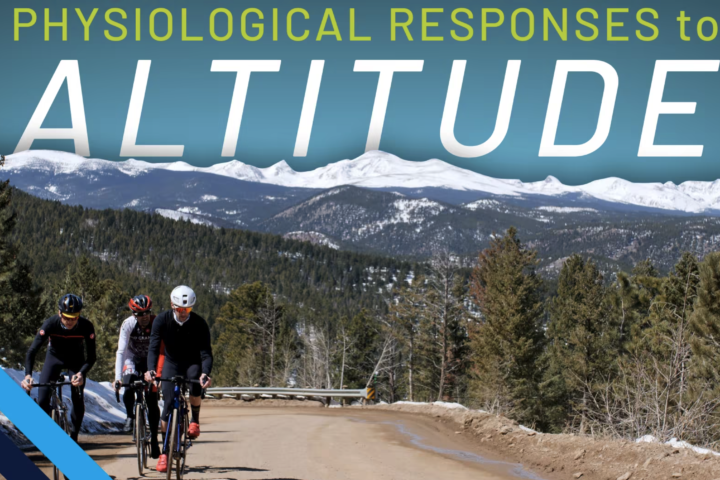
Head Coach Ryan Kohler details the profound physiological impacts that altitude can have on our heart rate and power output.
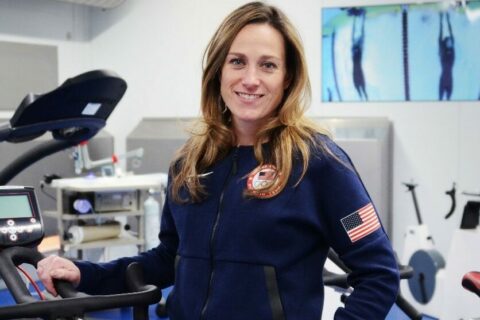
Physiologist Lindsay Golich, who works with some of America’s best Olympic athletes, helps us field questions on heat, altitude, FTP testing, fasted training, and much more.
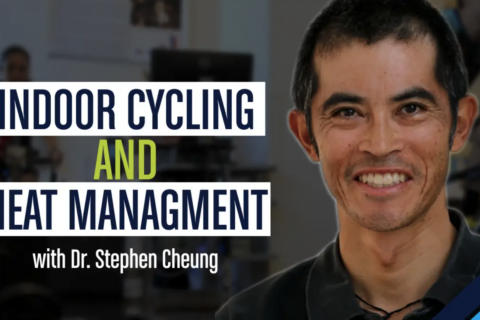
Dr. Cheung offers several tips to improve indoor cycling conditions to minimize any environmental impact. Hint: Airflow changes everything!
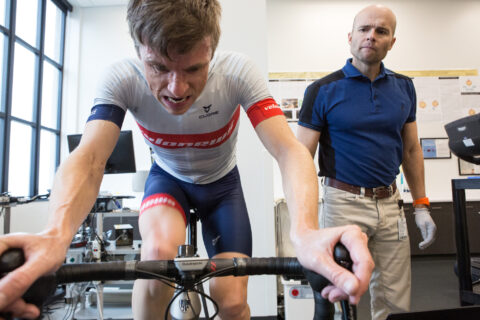
Training inside is hot! Here are some facts and tips on beating the heat indoors.
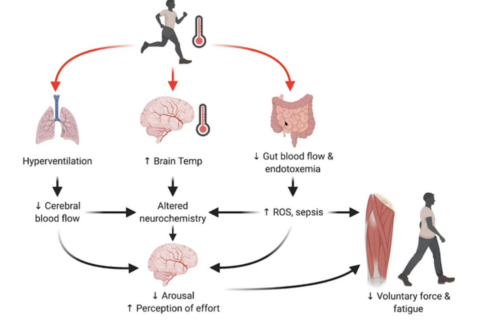
Dr. Stephen Cheung leads a discussion on indoor cycling, including heat management, adaptive differences between indoor and outdoor workouts, and what to do with those “nice” winter days when you can sneak outdoors.
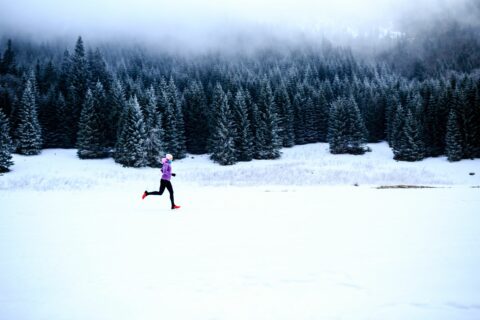
Breathing cold, dry air while training outdoors can feel painful, but does it hamper your performance? Dr. Stephen Cheung explores.
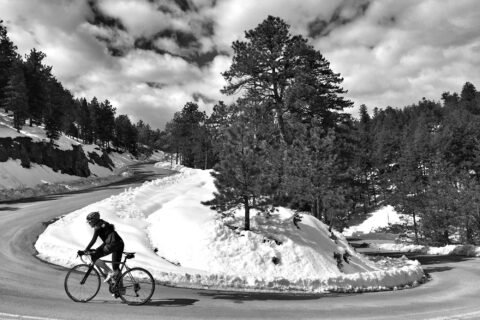
Cold temperatures can have a big impact on our physiology. We detail the performance effects of cold temps, and learn how to combat them.
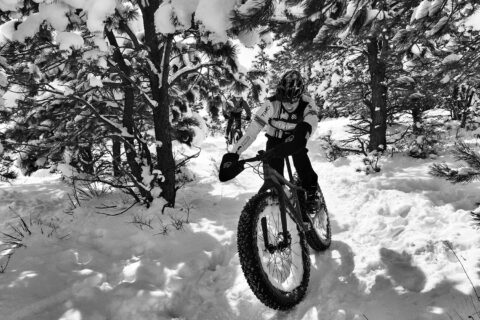
Cold temperatures can affect not only comfort but performance during your rides and races. We teach you how to stay warm and dry all year long.
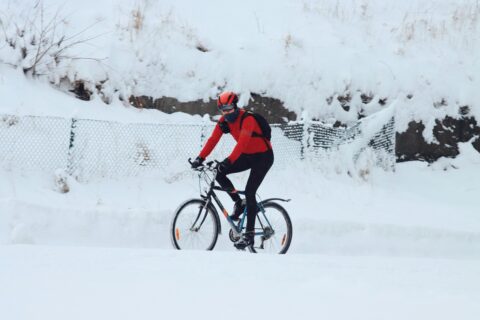
We bust myths about exercising in the heat and in cold weather. We are joined by Dr. Stephen Cheung, one of the world’s preeminent environmental physiologists.
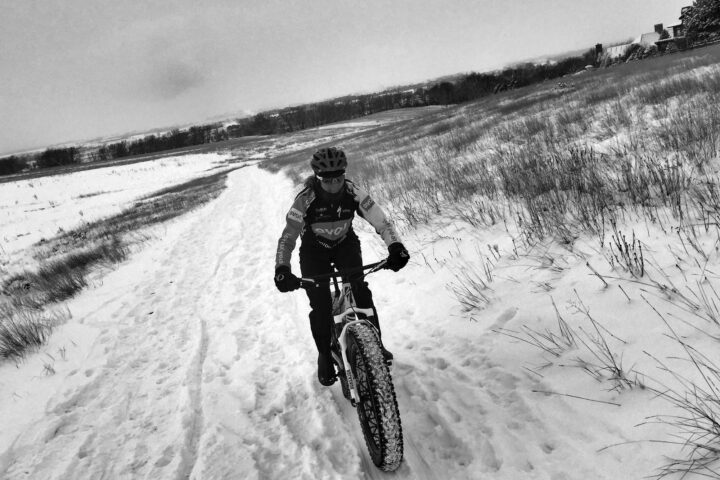
We explore the physiological effects of training in the cold, from muscle damage to the increased caloric demands and how to stay warm.